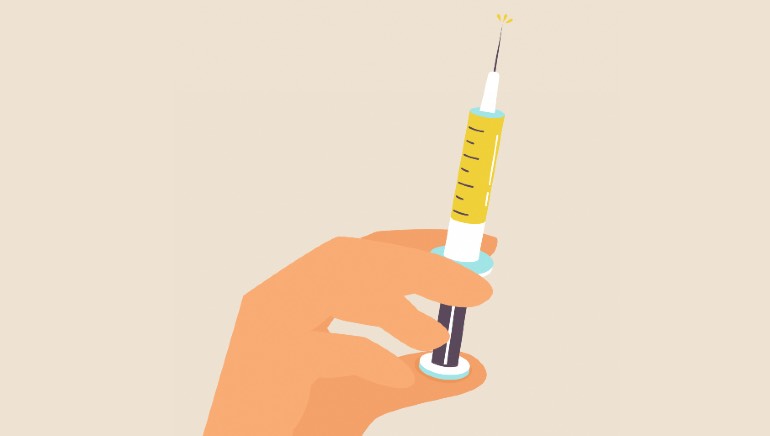
The most basic sex education is incomplete without an emphasis on safe sex practices. Yet, over 17 lakh people are said to have contracted HIV in India over the last decade due to unprotected intercourse.
According to reports, the data has been provided by National AIDS Control Organization (NACO) in response to an RTI query. The numbers are still alarming even if they have shown a significant drop from 2.4 lakh people contracting HIV transmission by unprotected sex in 2011-12 to 85,268 in 2020-21.

Madhya Pradesh-based activist Chandra Shekhar Gaur filed an RTI query. As per NACO, 17,08,777 people contracted HIV by unprotected sex between 2011-2021 in India. The information on mode of HIV transmission was recorded by the counselor from the response given by HIV positive individuals during the time of pre-test/post-test counseling, so the data is self-reported, the RTI application said.
According to the World Health Organization, Human Immunodeficiency Virus (HIV) targets the immune system and weakens people’s defense against many infections and some types of cancer. People gradually become immunodeficient as the virus destroys and impairs the function of immune cells. HIV infection, in an advanced stage, is acquired immunodeficiency syndrome (AIDS).
The transmission of the virus can happen via exchange of a variety of body fluids from infected people, such as blood, breast milk, semen and vaginal secretions. The WHO makes it clear that activities such as kissing, hugging, shaking hands, or sharing personal objects, food or water, cannot facilitate HIV transmission.
The Centers for Disease Control and Prevention (CDC) Sexually Transmitted Diseases (STDs) suggests the following tips to safeguard yourself.
HPV stands for Human Papillomavirus (HPV), which is a sexually transmitted infection. The National Institute of Cancer states that HPV is a group of more over 200 related viruses, of which more than 40 are spread through direct sexual contact. Prevention by HPV vaccination has emerged as one of the most effective options.

Having multiple sexual partners can increase your risk of contracting a sexually transmitted disease, especially if you are unaware of the sexual health history of your partner.
Also Read: Should you clean yourself before sex too? Safe sex practices nobody told you about!
When you and your partner agree to be sexually active only with one another, it’s called mutual monogamy. Indulging in sexual activity with an uninfected partner can help you avoid an HIV infection.
Select Topics of your interest and let us customize your feed.
PERSONALISE NOW
Condoms must be looked at for its benefits not just as a birth control method, but also for being a protective layer against sexually transmitted diseases and infections. Insist on the use of a condom while having sex. Women can now conveniently also use female condoms.
(With inputs from PTI)